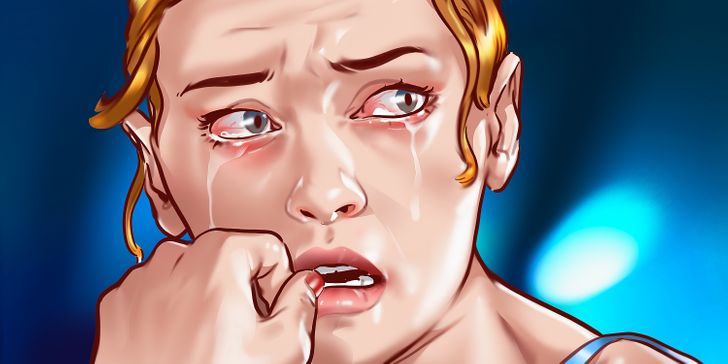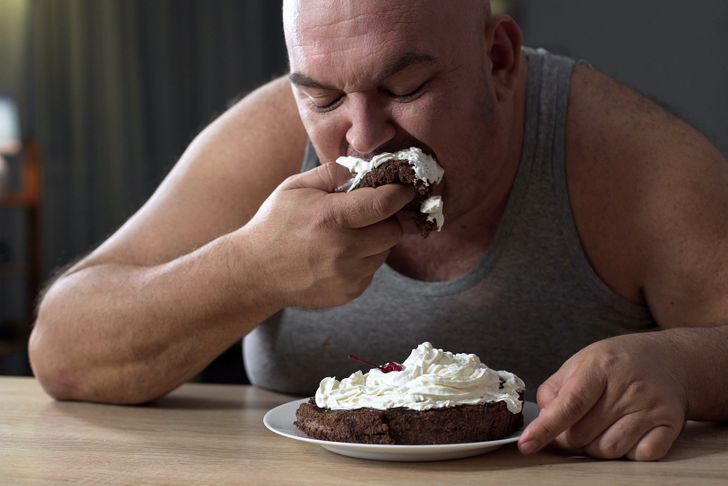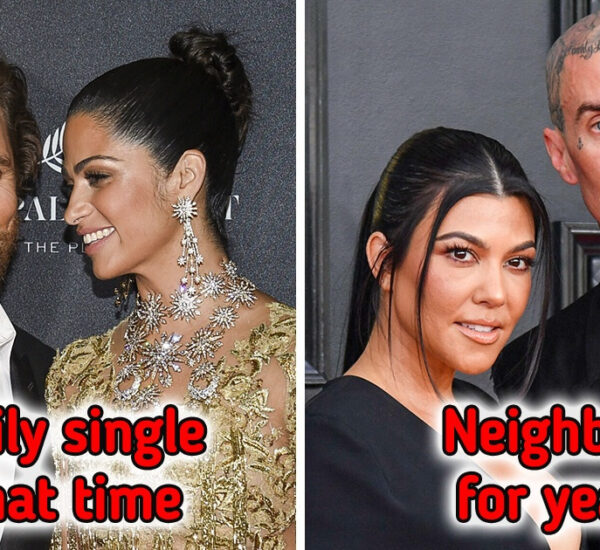Approximately 50% of men and women have experienced, at least once, psychologically aggressive behavior from their partners. About 20% of women have been threatened with physical harm from an intimate partner.
40% of people have experienced at least one form of coercive control by an intimate partner in their lifetime. If these statistics are not surprising enough, know also that verbal and psychological abuse is more, if not equally, harmful than physical abuse.
This article aims to make readers understand that abuse in any form is abuse and should not only be condemned but everything possible should be done to prevent it.
Why Verbal Abuse Is So Dangerous
Pain From Verbal Abuse Lingers On For An Entire Lifetime, Unlike Physical Pain Which Disappears After A While

While you may forget the pain you felt when your limb was broken, it’s hard to forget the pain you felt when you were looked down upon at work or in a relationship.
And research even shows that the emotional pain of verbal abuse can haunt a person for a lifetime. The worst thing is that just remembering the event can make you relive the entire saga of pain.
It Damages Self-esteem And Can Lead To Life-long Mental Health Problems

If you were in an abusive relationship or experienced some form of verbal abuse as a child, you know that those experiences tend to stick with you. Experiences like these tend to seriously damage a person’s self-esteem.
The victim loses all sense of self-respect and tends to imagine herself as less worthy.
Friends And Family Members Cannot Understand The Harm Done By Verbal Abuse, So The Support System Is Often Missing

Physical abuse often leaves physical marks. Imagine a situation where you start to be beaten on the street, there is a high probability that a passerby will stop and intervene to stop the aggression and sympathize with you.
But this scenario is almost unthinkable if someone starts to verbally abuse you. Even research shows that while people sympathize with the physical pain of others, they often underestimate their emotional distress.
It Can Lead To Eating Disorders And You Won’t Be Able To Accurately Pinpoint The Cause

Emotional abuse can lead to negative beliefs in one’s abilities. A feeling of helplessness and lack of love may also appear.
In this scenario, it can be difficult to express emotions and this can lead to chaotic and impulsive behaviors, which are often associated with eating disorders, such as bingeing followed by purges.
Verbal Abuse Can Cause Migraines And Severe Headaches

The prevalence of migraines in people who have suffered verbal and emotional abuse in childhood is four times higher than in those who have not, according to the researchers.
The link between migraine and abuse has also been shown to be stronger in emotional abuse than in physical abuse.
Pain Is Pain
Pain is pain, whether it is physical or verbal. And if you don’t stop your abuser, you will continue to be abused. Studies show that a person who was abused as a child is 36% more likely to be abused by their partner in adulthood.
Have you ever experienced psychological abuse as a child or in a relationship? Or do you know someone who does? What steps have been taken to prevent abuse?
Preview photo credit Serenity / Blue Budgie Films Limited


